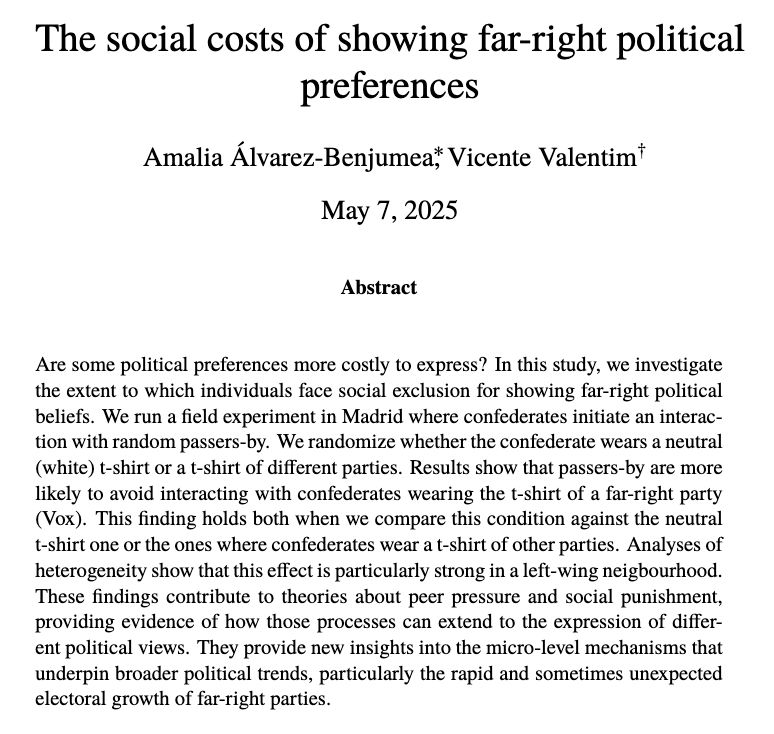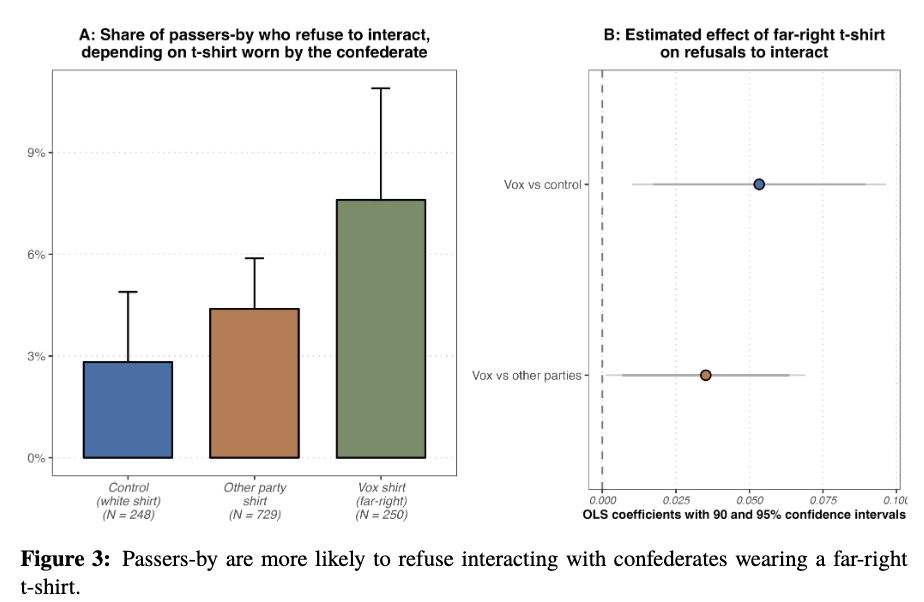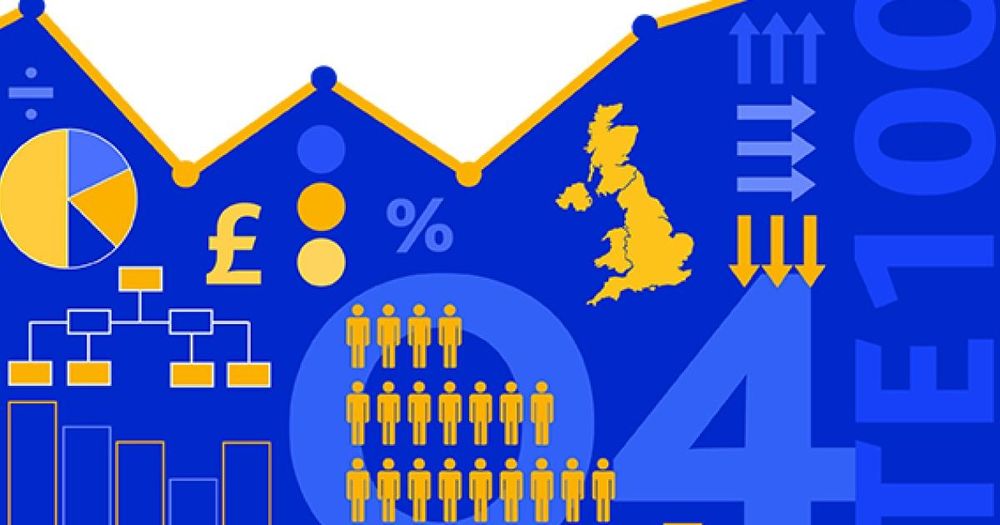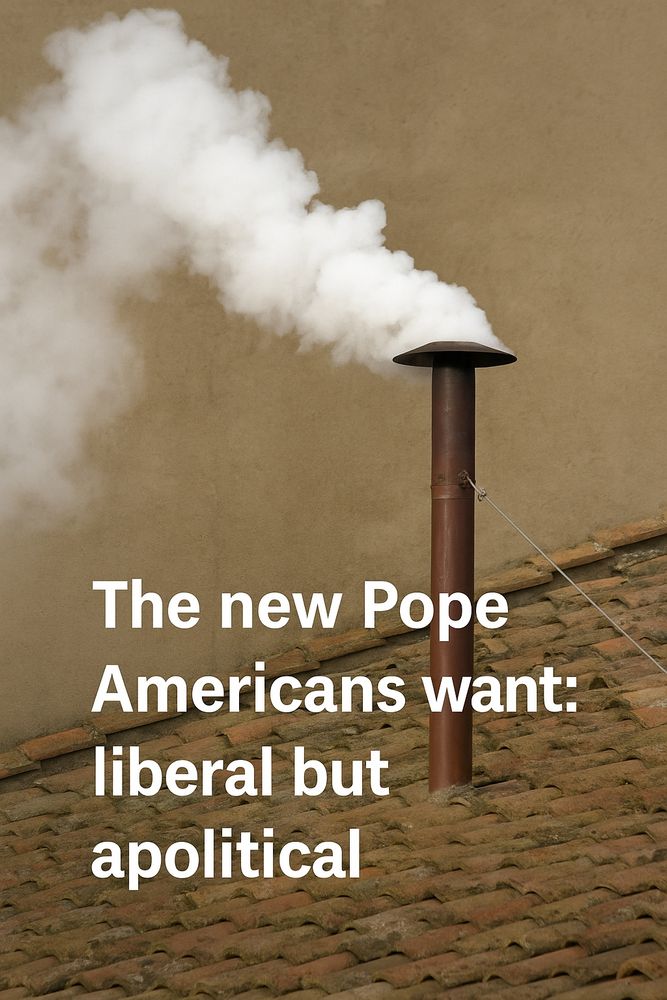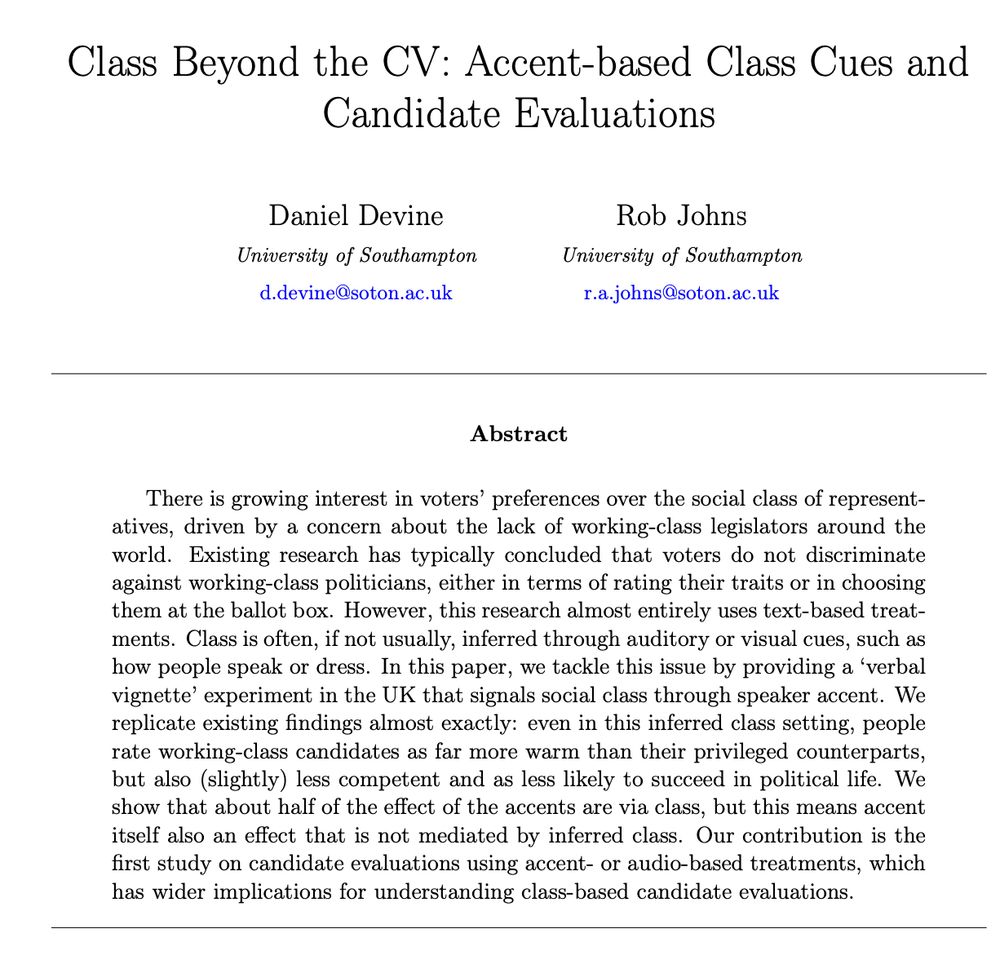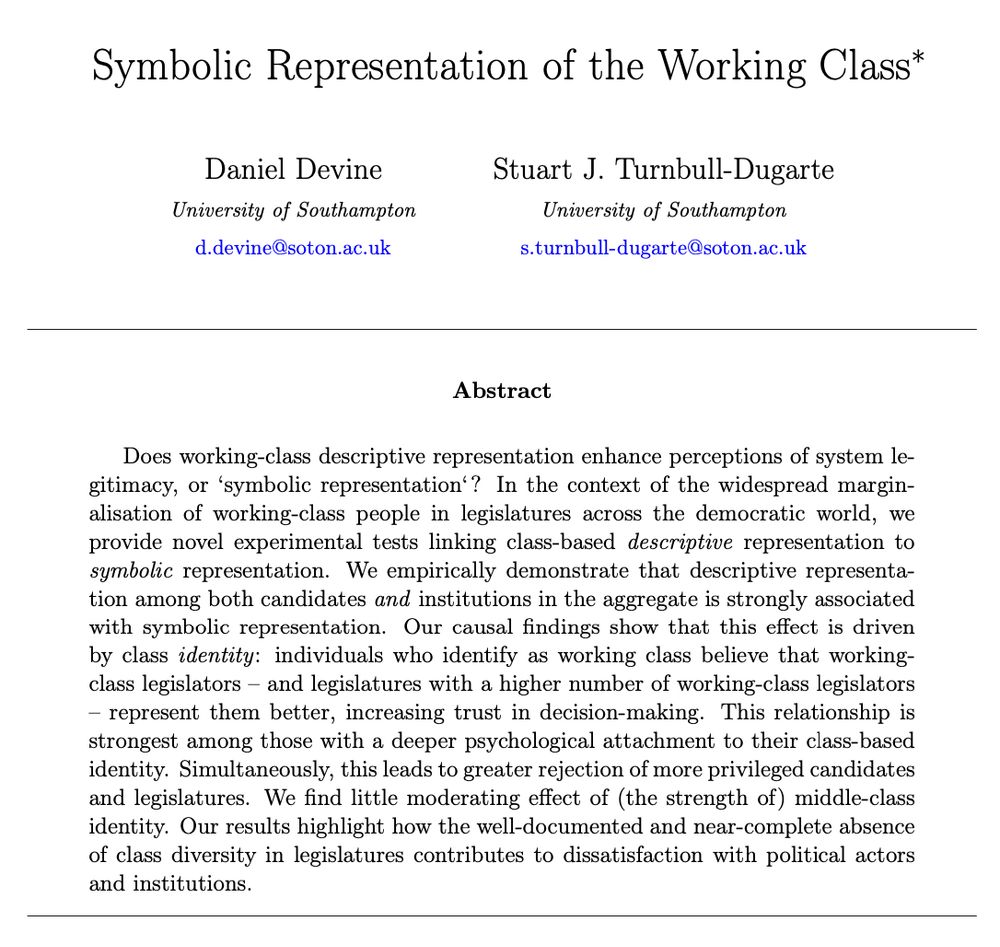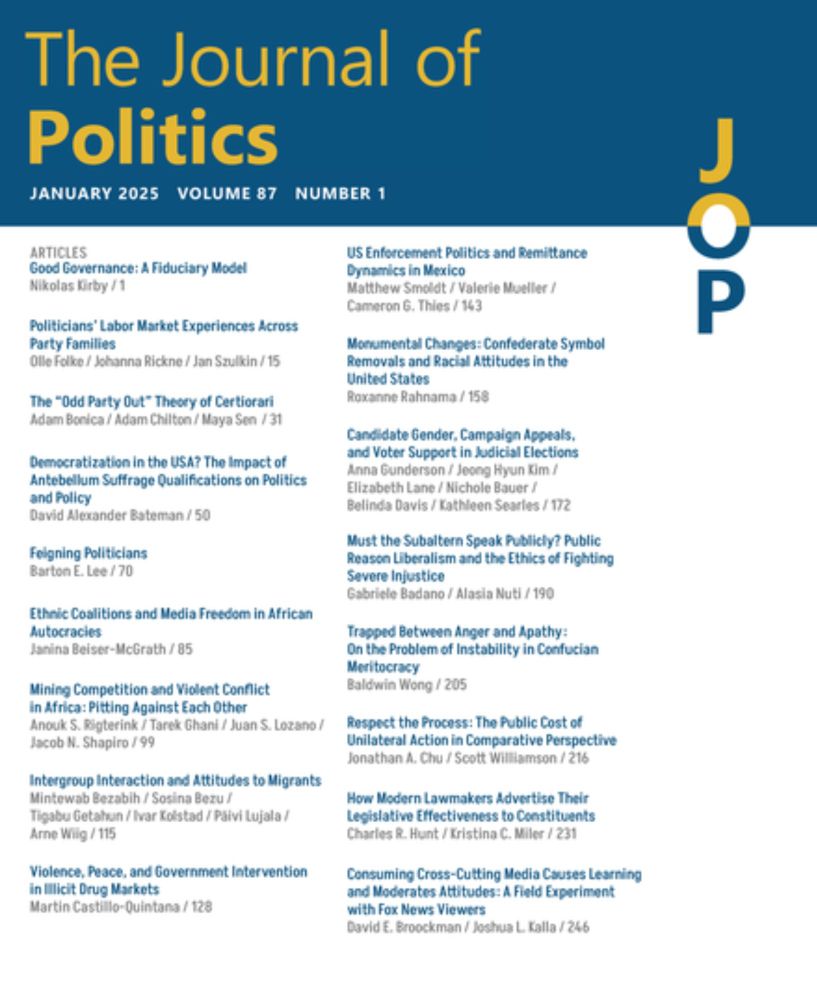Daniel Devine
public opinion, behaviour, attitudes, &c.
Associate Prof, @sotonpolitics.bsky.social; Assoc. Editor, @poqjournal.bsky.social & @jeppjournal.bsky.social
ColU, Pompey, music, books, & pubs
https://djdevine.org
- Reposted by Daniel Devine[Not loaded yet]
- Good news for Labour that nearly five times (5% vs 22%) more Reform voters 'think' the proposed immigration policies will actually increase immigration than reduce it.
- Reposted by Daniel DevineWhen and how do bright kids from poor backgrounds fall behind? Everyone should read this paper by @johnjerrim.bsky.social & Maria Palma Carvajal: great data, corrects past work, nails the method, and is super readable. doi.org/10.1016/j.rs...

- Reposted by Daniel Devine[Not loaded yet]
- Imagine splashing another immigration reform that won't work instead of actual jobs, investment, and environmental improvement. www.gov.uk/government/n...
- A thread that delivers on many fronts, including its promise to be 'long' (but undoubtedly worth it).
- Tomorrow there's a big White Paper on immigration (www.gov.uk/government/n...). Whatever else it does, it's bound to refuel Labour’s internal debate about net migration -- a debate full of assumptions about public opinion. Strap in for a long thread about a survey testing some of those assumptions.
- Reposted by Daniel DevineTomorrow there's a big White Paper on immigration (www.gov.uk/government/n...). Whatever else it does, it's bound to refuel Labour’s internal debate about net migration -- a debate full of assumptions about public opinion. Strap in for a long thread about a survey testing some of those assumptions.
- It's never occurred to me to use AI for reviews and anyone doing it is extremely disrespectful to people's work and time.
- Reposted by Daniel Devine[Not loaded yet]
- (REFS???) (Not sure????) (Lost steam here) (Felt good, might delete later)
- Reposted by Daniel Devine[Not loaded yet]
- Reposted by Daniel DevineI am very excited to share a new working paper coauthored with @amaliaab.bsky.social. Using a field experiment, we find that, in the real world, it is more costly to express far-right preferences than other political preferences. osf.io/preprints/os... 1/8
- Crikey, a blast from the past here. 10 years since I spent 6 months reshaping and visualising government data in Excel.... (More fun that it sounds, not least, perhaps only, because of colleagues I got to work with.)
- We (including @emilyishness.bsky.social @danjdevine.bsky.social) also published a fairly comprehensive data-driven* view of the Coalition, www.instituteforgovernment.org.uk/publication/... And how it did against its own measures www.instituteforgovernment.org.uk/publication/...
- Reposted by Daniel Devine[Not loaded yet]
- Nice. Also, I don't really understand the reticence of authors/editors of admitting a mistake. Even on an instrumental level, trying to *hide* it is worse than the initial mistake.
- 🚨 REPLICATION REPORT UPDATE: One year ago, a tweet by John Holbein alerted me, @ollefolke.bsky.social, and @jopieboy.bsky.social to a paper with a shocking result about Sweden’s law criminalizing the purchase of sex.🧵
- Reposted by Daniel Devine🧵 What kind of POPE do AMERICANS want?📸 Before the Conclave, @sophiemainz.bsky.social and I asked 1,500 U.S. adults to choose among hypothetical papal candidates. Results: Americans prefer a liberal and *non-political* Pope. The latter might be challenging for Leo XIV. Results ⬇️ Polisky Datasky
- Reposted by Daniel Devine[Not loaded yet]
- Reposted by Daniel Devine[Not loaded yet]
- Reposted by Daniel DevinePeople have real problems believing Reform voters don't come from Labour, if not recently, then in the past. A small proportion do, but let's look at how far back you'd have to go now ...
- Ask people what a 'working class person' looks like and they'll say a white man, aged around 50, probably in northern England, which is true for a (very) small proportion of that group. It ignores young people, ethnic minorities, and Scot/Wal/NI -- all of which are less likely to support Reform.
- Reposted by Daniel DevineThese look like great papers! The one on accent is so perfectly timed for some creative industries work too!
- I have v strong bias but the value of a good university is still an absolute steal. A huge organisation that is actually invested in your future - massive levels of support, academic and professional - especially if you have the free time to take advantage of it.
- Reposted by Daniel DevineI saw @danjdevine.bsky.social and @robjohns75.bsky.social present this last year - absolutely fascinating. Great thread too.
- With @robjohns75.bsky.social, we ask: do people infer class from accents? And does that matter for candidate evaluations? The answer is yes and yes.
- Reposted by Daniel DevineProud about this paper 🫶🏽 Among ‘cool’ things we do, we also - measure class identity with social psych measures of in-group attachment -show individual *&* aggregate descriptive rep. matters for symbolic rep. -have cute & info-rich graphs djdevineorg.wordpress.com/wp-content/u...
- In a second paper with @turnbulldugarte.com, we ask: Does working-class descriptive representation enhance perceptions of system legitimacy? Using two survey experiments, we argue that (1) it does, quite a lot (2) this is for candidates and institutions (3) it is conditioned by class identity.
- Reposted by Daniel DevineIs it impossible for English politicians to open their mouths without making half of the English electorate hate or despise them? No, as it turns out. Unless they have a posh accent, in which case very much yes. (For subtler analysis of our findings, see Dan's thread and the paper.)
- With @robjohns75.bsky.social, we ask: do people infer class from accents? And does that matter for candidate evaluations? The answer is yes and yes.
- Are you interested in social class? I've two working papers which show: 1️⃣ Using actor recordings of different accents, that people derive class from accent and this causally influences trait evaluations 2️⃣ That class-based descriptive representation improves support for the political system. 🧵
- Reposted by Daniel DevineDoes political trust cause political participation? In this paper, James Tilley, Sven Oskarsson and I use twin data to argue that the correlation is largely explained by confounding with family background. Just accepted @thejop.bsky.social: www.journals.uchicago.edu/doi/10.1086/...
- @ UK LABOUR







